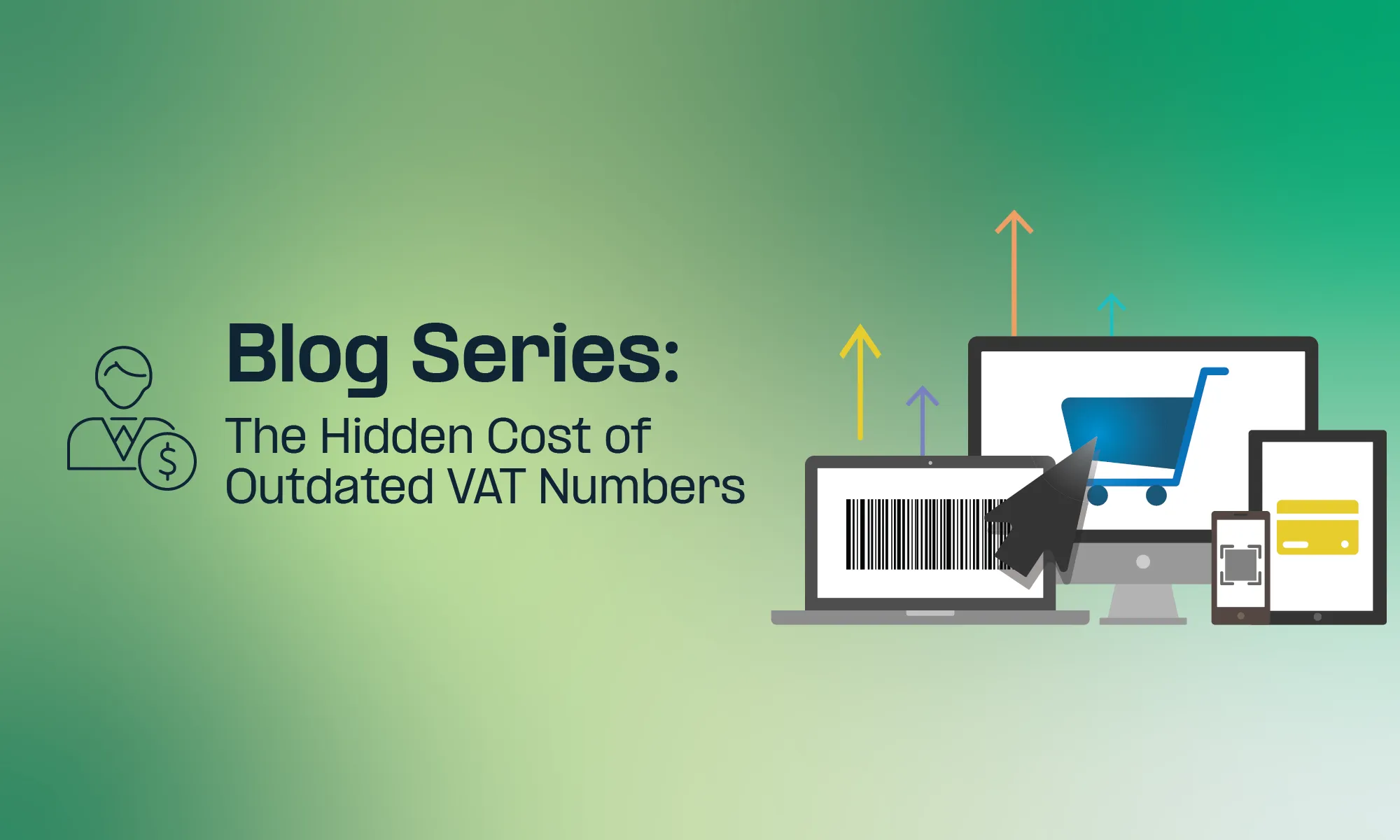Serbia has recently introduced the first private sector obligations in relation to electronic invoicing. Later the requirements will shift introducing complete mandatory invoice reporting obligations from 1 January 2023. Under the new rules, all businesses operating in Serbia, including foreign entities, with a local fiscal representative, are required to issue, receive and store e-invoices for all B2B transactions.
Background
After a successful launch of the Serbian Fiscalization system in 2004 and the more recent revamp in 2022, the Authorities have now set their sights on obtaining data from the commercial transactions between Serbian businesses i.e. Domestic B2B transactions.
What are the rules and how does the e-invoicing system work
Starting 2023, all businesses will be required to register in SEF and begin to receive and issue invoices to all their Serbian trading partners via the Serbian system of electronic invoices (SEF).
SEF is an information technology solution through which e-invoices are sent, received, recorded, processed and stored, and managed by a central information intermediary.
Technical Specs
The mandatory format of the e-invoices will be XML (UBL 2.1), according to the Serbian CIUS of the European Standard. After registering in SEF, Businesses can use either the e-invoicing portal to manually key in the invoice data, or make use of an information intermediary (like Fonoa) to submit invoices to SEF via API on their behalf. Similarly, businesses must also be able to receive and process and store received e-invoices. These e-invoices can be extracted from the e-invoicing portal or fetched electronically by information intermediaries. This means that invoices exchanged outside of SEF are not valid for tax purposes, and thus can not be used to recoup input tax paid.
Note: SEF requires two-factor authentication or authentication with a qualified electronic certificate. This can be obtained via the Portal of Electronic Identification.
For whom do the rules apply?
The use of SEF is mandatory for:
- Entities of the private sector (registered for VAT) and the public sector based on mutual transactions;
- VAT representatives of foreign persons registered for VAT in the Republic of Serbia, based on transactions with private and public sector entities;
- Voluntary users of the e-invoice system.
The Ministry of Finance has published a list of users of the SEF which is available via this link.
When does e-invoicing need to be implemented?
Deadlines for the implementation of e-invoicing depend on the type of entity i.e. public sector entities vs private sector entities and can be divided into three phases. With the first two phases affecting businesses operating in the B2G space, the major event is Phase 3, where every business, regardless of their trading partner, is impacted.
PHASE 3 (B2B) - Following 1 January 2023, e-invoices shall be issued by private sector entities to other private sector entities
Previously implemented:
PHASE 2 (G2B) - Since 1 July 2022, e-invoices shall be issued by public sector entities to private sector entities.
PHASE 1 (B2G & G2G) - Since 1 May 2022, e-invoices shall be issued in the case of (i) invoices issued by public sector entities to other public sector entities and (ii) invoices issued by private sector entities to public sector entities.
Cost of non-compliance
The Serbian authorities are expected to strictly enforce these new rules, especially against larger companies. Penalties apply for not issuing the e-invoice electronically on time, but also for mismatches in payment vs. the e-invoice amounts. Penalty amounts range from 1,700 EUR to 17,000 EUR. This is expected to be per instance. On top, penalties can be imposed on the company directors for the violation in the range of 420 EUR to around 1,270 EUR.
How can Fonoa help?
Taxpayers have less than 6 months until this mandate will come into force. Fonoa already supports leading tech companies to be compliant with various e-invoicing requirements across the world, and harmonizes all relevant country-specific nuances in the process. Let Fonoa's knowledge and tools alleviate your worry and keep your business compliant. Fonoa’s API integration can be implemented in mere days.
Get in touch now to ensure you are ready for Serbia e-invoicing by 1 January 2023.
Additional Resources:
















